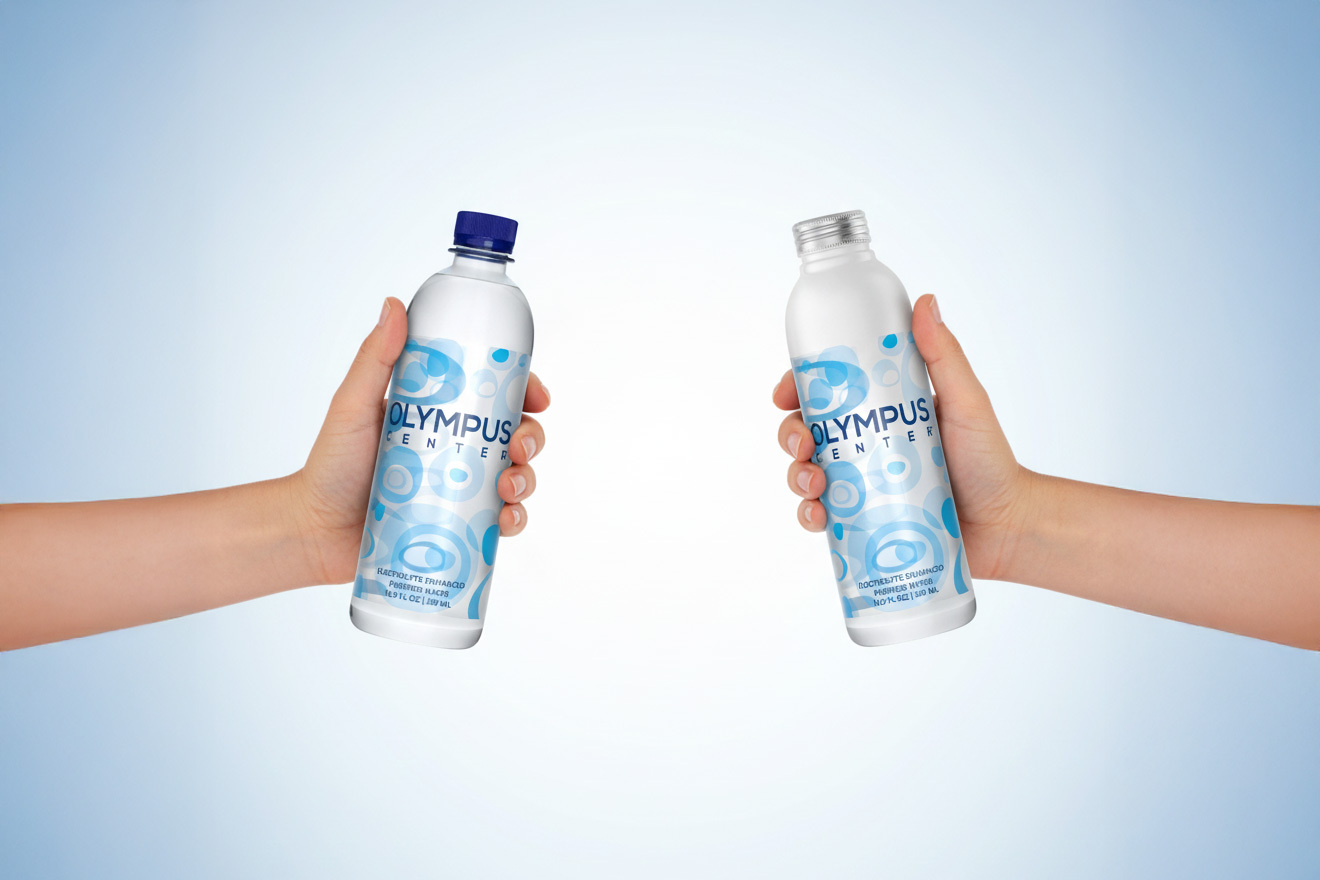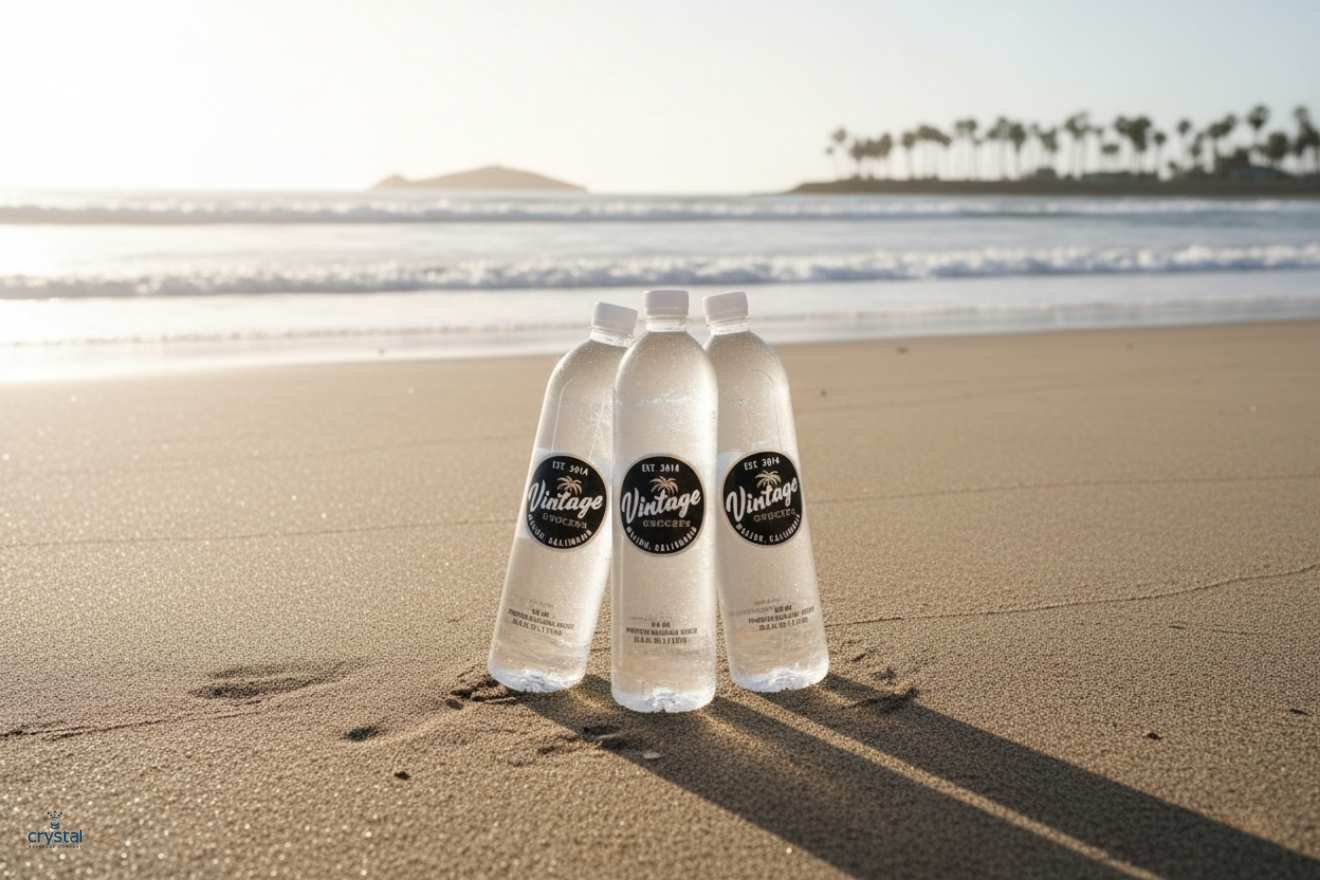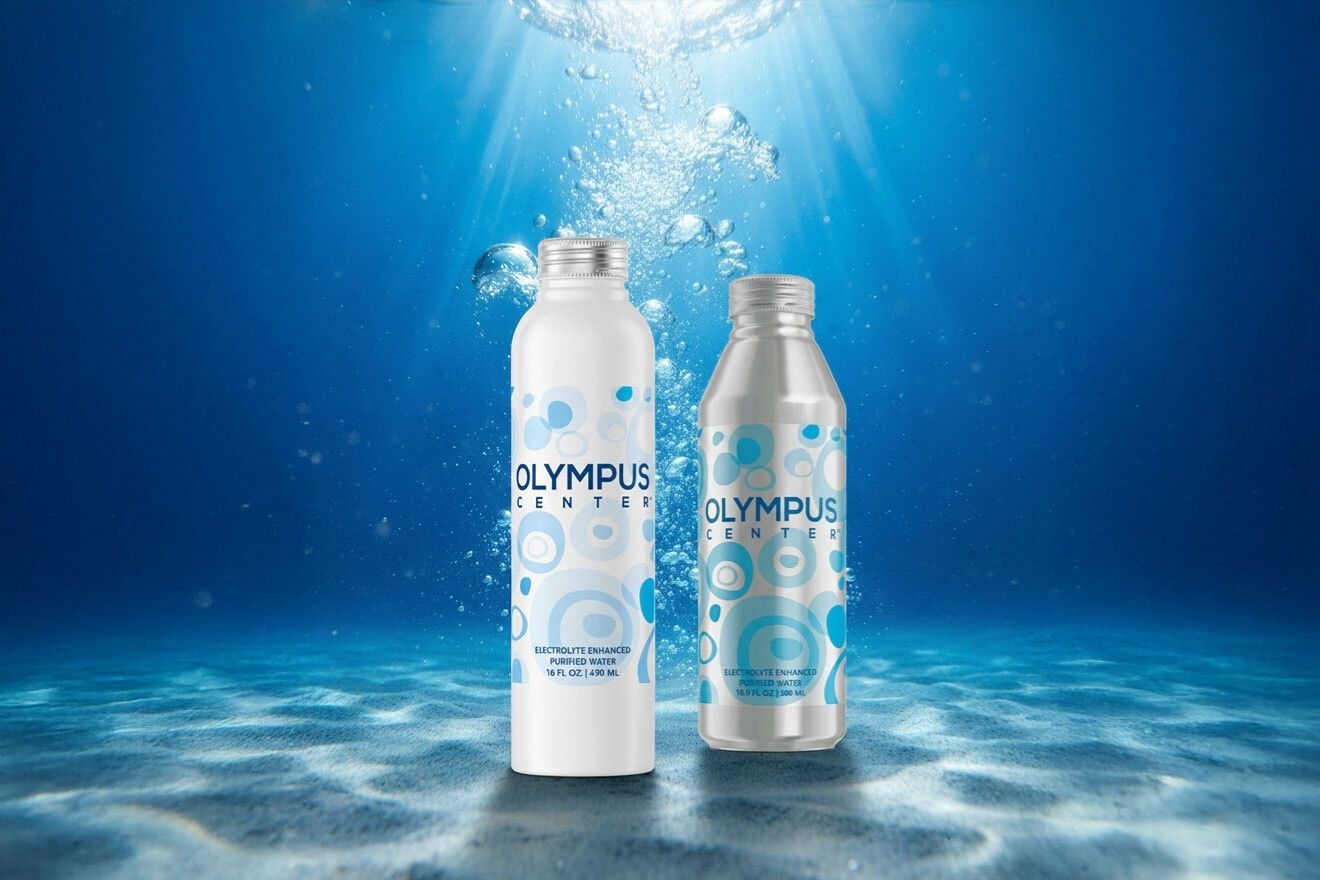How Long Does An Unopened Bottled Water Last?


Water bottles, just like all objects made from plastic and other similar materials, are always designed and made to last for a long period of time. They’re handy, convenient and portable — making them the go-to water container for a large portion of the population.
But just how long can these bottles last without being opened and consumed? In this article, we’ll take a look at the shelf life of these bottles and recommended best tips for storage.
DOES BOTTLED WATER REALLY EXPIRE?
A quick trip to the supermarket’s beverage aisle will show you that almost all manufactured bottles have expiration dates printed on the packaging. This is especially true for the United States, where almost all types of bottled water are branded with a “best before” or “use by” date or timestamp.
However, this doesn’t exactly mean that you can no longer drink the bottled water once it has reached past the expiry date. Water, as a matter of fact, doesn’t really expire — especially when it’s properly sealed and stored in a safe and secure location.
So why do water bottles have an expiry date then?
There are several reasons why bottles always come with an expiry date. The first common reason is because of government-mandated policies that require manufacturers of all consumables — be it water, frozen goods, and other essential human products — to put a best before stamp on every packaging.
Another reason for these date stamps is because water bottle manufacturers want to indicate when the water may begin losing its fresh, natural taste. This is mostly the case for spring, mineral and other natural water flavors or products.
But despite this, experts still recommend to always err on the side of caution and avoid drinking water from plastic bottles that have gone way past their expiration date. This is because the plastic material can begin leaching into the water content over time, resulting in a host of chemicals such as antimony and bisphenol A (BPA).
HOW LONG DOES BOTTLED WATER LAST?
Here’s a brief summary of the average shelf life of the different types of bottled water:
UNOPENED
- Distilled Bottled Water - 2+ years (pantry), 2+ years (refrigerated)
- Flavored Water - 9 months (pantry), 9 months (refrigerated)
- Vitamin Water - 9 months
- Sparkling Water - 1+ years
- Coconut Water - weeks to a couple of months, highly dependent on packaging & included preservatives (pantry), 1 year (refrigerated)
OPENED
- Bottled Water - 2-3 hours (pantry), 3-5 days (refrigerated)
- Vitamin Water - 2 hours (pantry), 3-5 days (refrigerated)
- Sparkling Water - 2-3 hours (pantry), 2-3 days (refrigerated)
- Coconut Water - 2 hours (pantry), 24-48 hours (refrigerated)
Note: This is a general rule of thumb; for the best reference, we highly recommend checking directly with your bottled water manufacturer.
HOW TO STORE BOTTLED WATER: BEST STORAGE TIPS
To keep your bottles safe and in the best water storage conditions, make sure to follow these following tips:
- Store water in a cool storage location and away from direct sunlight or any warm setting. Warmer temperatures can make the water go bad, aid bacterial growth and only heighten the release of harmful chemicals into the water.
- Avoid grouping your bottles and household cleaning supplies in the same storage space. The chemicals in these cleaning solutions can permeate inside the bottles’ plastic material and potentially alter the composition of the water content.
- Keep the containers and contents fresh by storing them inside the refrigerator right after opening and consuming it. This doesn't only apply to your standard plastic bottle; the same also applies to different water containers and gallon containers at home.
THE BOTTOMLINE
To ensure your water bottle is safe to drink and free from any chemicals, experts recommend to still pay attention to the best before dates on the packaging. Additionally, storing your bottles in a cool and secure place goes a long way in preserving the quality and taste of the water content.






